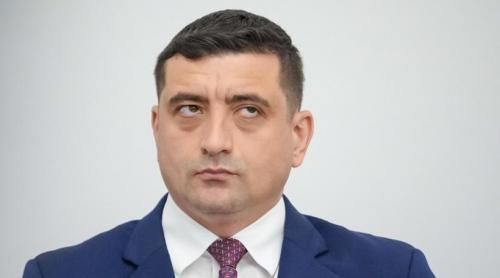
The scandal which broke out in the aftermath of the economic spying around the sell of Romaniaâs Petrom oil company to Austriaâs OMV has all the making of a Balkan political deal.
The indictment filed by prosecutors against four Romanian high-rank officials and four foreign citizens representing international consulting and banking institutions shows that the counter-intelligence office monitored them closely for more than a year. All well and fine, but when reading the law regulating the activity of the SRI one finds at Article 3 that "the counter-intelligence office defends state secrets and prevents the leaks of data and information which should stay classified under the law."After all, this is the main task of any counter-intelligence office in the world: to prevent leaks of sensitive, classified information. But in this case, the strangest thing happened: in spite of the SRI monitoring, the bad it was supposed to prevent it allegedly happened, when inside information was leaked to consultants which favored one bidder over the others.
Then, a legitimate question arises: did SRI defend the national security or not? It did not, if it did not react upon the information it acquired, if indeed the SRI knew what was about to happen before the privatization deals were struck.
Or, it may be that SRI got hold of the information leaks only after the damage was done. In that case SRI again would be guilty, this time for not holding its eyes on the ball and loosing the opportunity to catch the offenders in the act.
Or again, another option still would be for SRI to have performed impeccably in foreworn in due time prosecutors; only the latter failed to act upon the information conveyed to them.
For that political gain, which brought in later months at logger heads the parties in the ruling coalition, someone - I would not venture to name who - let the files become public.
The minister of the economy, Codrut Seres, a member of the Conservative Party, and the minister of the IT & telecommunications, Zsolt Nagy, a member of the Democratic Union of Hungarians in Romania, seem to be the real targets, since the high-ranking Romanian officials originated in their two ministries. It is telling that on the very same day in which the Supreme Council for the Defense assembled to assess all privatization deals in the energy sector, the Prosecutorâs Office made public its espionage and treason charges against people working for most of these deals.
The political twists and turns managed to endanger even the Constitution;
The one conclusion Basescu wants us to arrive at, come January 2007, would be that the liberals are unable to perform, while the conservatives and the Hungarians are all traitors ready to sell the country by the bulk.
Then the Democrat Party he formerly led would emerge as a winner, with Basescu telling the nation which pristine team should lead the country, like a captain his ship.
Translated by ANCA PADURARU
Citește pe Antena3.ro


















